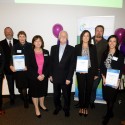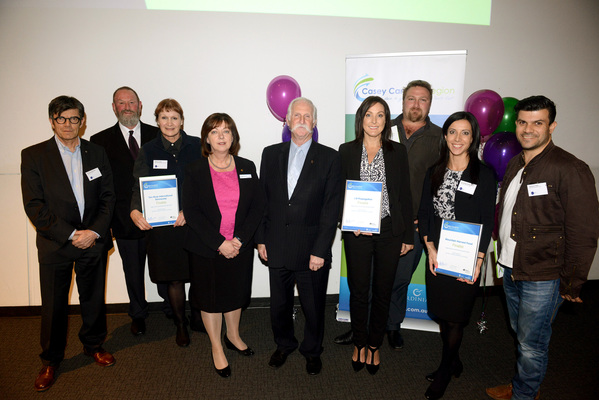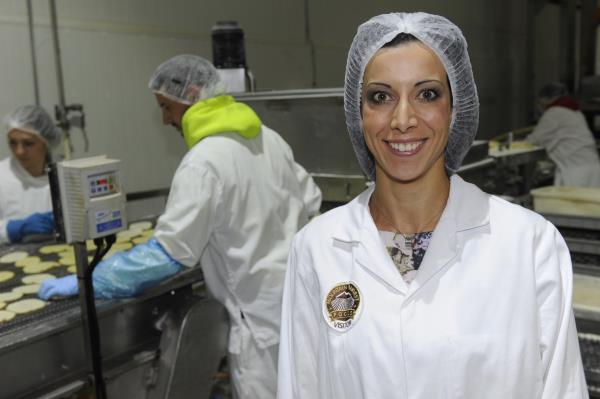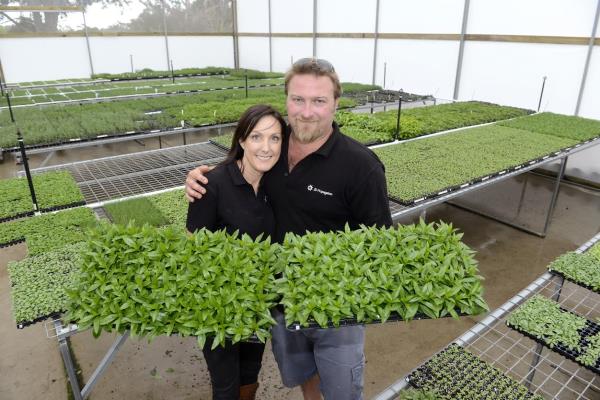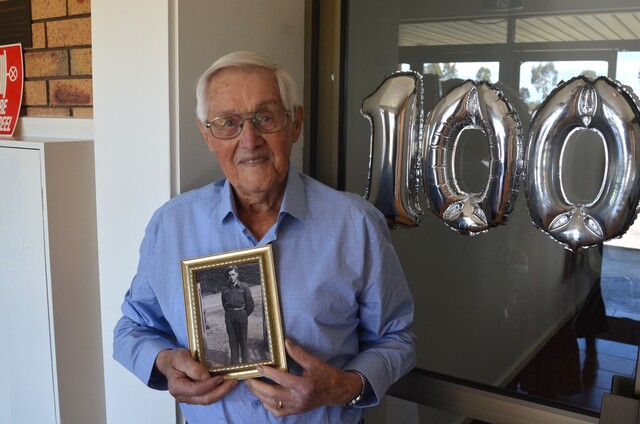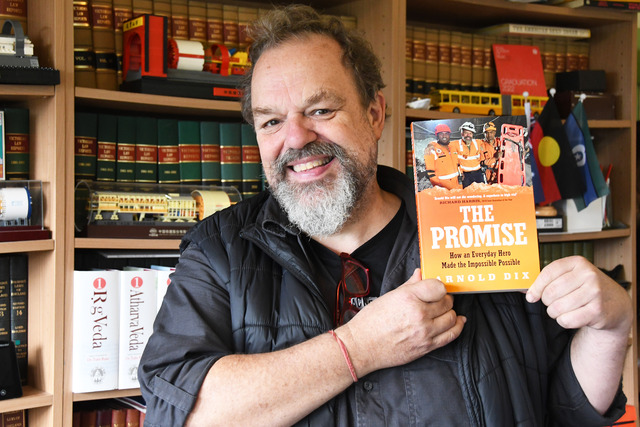By CASEY NEILL
TEN-ROSE International Simmental in Longwarry is a seventh-generation farming business shipping cattle world-wide.
It’s among three finalists for the Agriculture and Food Business of the Year title at the Casey Cardinia Business Awards.
They’ll be up against JD Propagation and Mountain Harvest Foods at a gala dinner at Cranbourne Racing Centre on 22 October.
Ten-Rose was established from international genetics with an emphasis now on current and heritage Australian bloodlines.
Chris and Sharon Jordan ship cattle world-wide and have a large range of artificial insemination straws and embryos.
Their mission is to lift farming profitability and productivity through genetic selection and they run their breeding program accordingly.
Ten-Rose breeds tenderness and feed efficiency into its cattle and can set up beef operations in Australia, China, Japan, New Zealand and Brazil.
It this year won the Baw Baw Shire Business Excellence Awards for Agribusiness Beef and Dairy, and in 2014 was a finalist for the Casey Cardinia Agribusiness and Primary Industries award and the Baw Baw Shire Agribusiness award.
JD Propagation is a family-owned and operated wholesale propagation nursery that’s been operating on a 10-acre property in Pearcedale since 2009.
It has more than 3000 square metres of individually temperature-controlled greenhouses to ensure high quality plants are available year-round.
JD specialises in propagating and contract growing herbs, flowering annuals, flowering perennials, strappy leaf plants, shrubs, vegetables and indoor plants.
The company propagates from cuttings, seed, tissue culture and division, sourcing seeds and vegetative genetics from the world’s leading breeders.
Mountain Harvest Foods’ Anthony Failla didn’t see a long-term future for the family potato farm – established in 1946 – when he came on board in 2003.
So he built a potato cake factory on the Mountain Road property, bought and relocated two established suppliers and got his sister Christina de Sousa on board.
“We needed to be able to utilise 100 per cent of all the potatoes that were harvested,” he said.
“At that time, our only customer was Woolworths and Woolworths were only taking 70 per cent of all the potatoes we were harvesting.
“They want it perfectly round, they want the right colour, the right soil colour. They only wanted potatoes between 120 grams and 350 grams.
“This processing factory was an avenue for us to be able to utilise those out-of-specification potatoes, to the point now where we’re trying to grow more of the out-of-spec potatoes.”
Farm turnover has grown from $230,000 a year in 2003 to $10 million today.
It created sweet potato chip and zucchini fries for national burger chain Grill’d and a skin-on chip to Lord of the Fries.
“We do have to buy potatoes at certain times of the year from other farmers, but that’s going to increase,” Ms de Sousa said.
“We’re going to need support from other farmers to work together with us.
“If we can all work together as a community, we’ll all be rewarded for it.”

